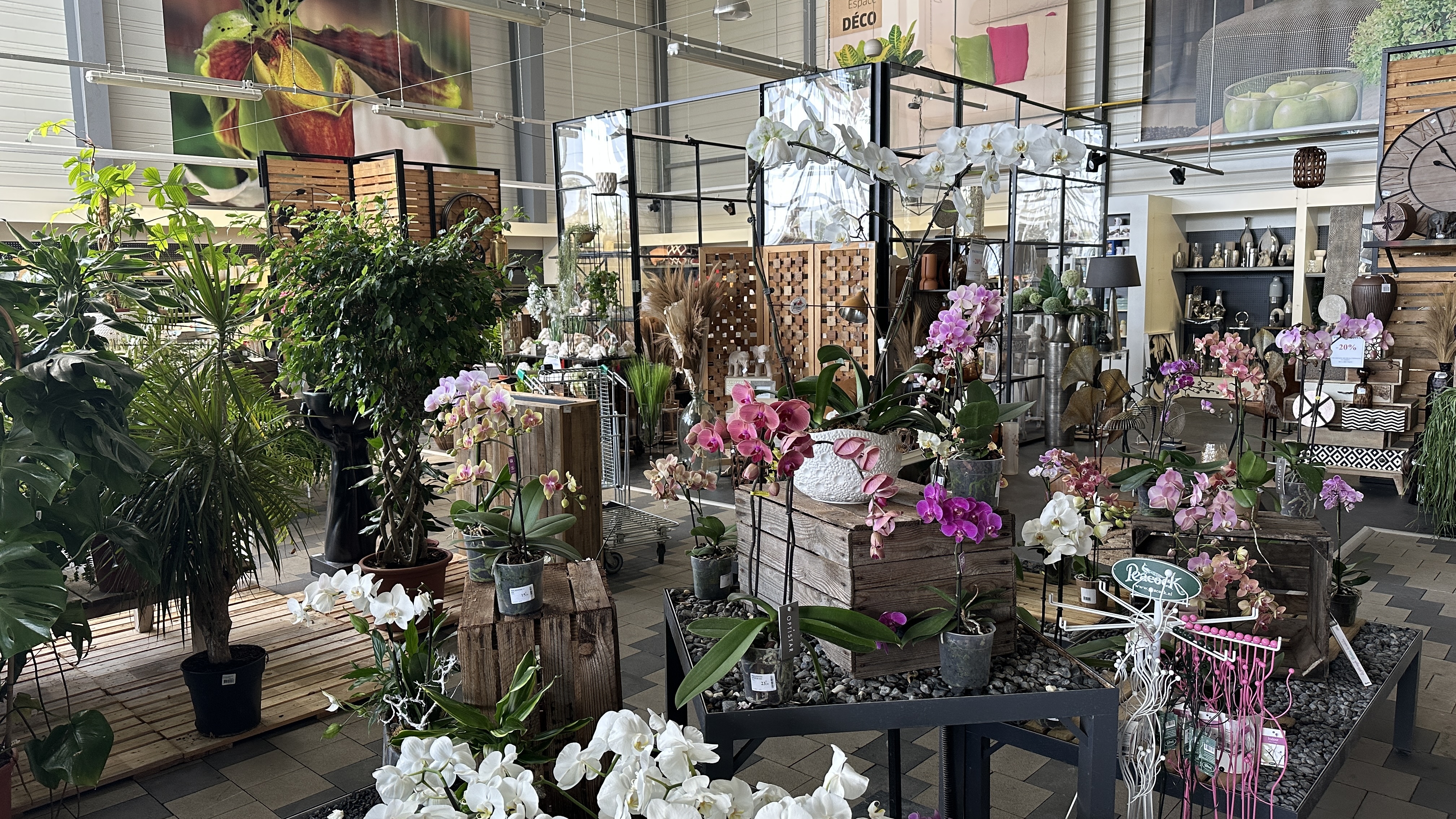What future for plant distribution?

Plant distribution
In the last few centuries, as you'll no doubt remember (🤣), and ever since navigators like the late Christopher Columbus set out to explore the world, the plant trade was of interest mainly to collectors, botanists and the burgeoning botanical gardens. Ordinary people made do with the knowledge passed down from mother to daughter or father to son, and went to the kitchen garden to find the right herbs to eat and treat.
There was no question of what we now call "plant distribution"! Plants were mainly destined for local authorities and agriculture. Small growers cultivated the necessary trees and shrubs close to where they were used.
In the 20th century, the plant began to take hold, until the first garden centre - Garden Center - opened its doors to the general public in 1964, offering a complete collection.
The rest is history... Florists, garden centres, supermarkets, DIY stores, nurserymen, the Internet, supermarkets... all sell plants here and there...
And what about tomorrow?
Which plant?
If so many signs and shops sell plants, it's because the soup is good, but it has to stay that way. And to bet on the development of these green sellers, we need to know what type of plant we're talking about 🤔 ?
Roughly speaking, we can base ourselves on 3 major families to enliven our current shops:
The favourite plant. Cut flowers, small flowers, decorative foliage... We offer a small product at the peak of its form. It's an impulse buy. It's well placed and the customer falls in love with this little marvel.
Investment plants. Trees, large trees, hedges, fruit trees... This is the category favoured by professionals. Growers and landscapers are the masters in this field. You need a "real" salesperson to support your customers, and often a planting and maintenance service.
Nourishing plants. This can also fall into the first two categories. Vegetables, small fruit and fruit trees of all kinds, sales of which exploded during Covid and are still going strong.


Who's selling what?
Plants that fall in love with you are the easiest to sell. You don't need to know much about them. Just place a flowering primrose in the right place, and the "coup de coeur" effect ❤️ plays its part. And if the upkeep leaves something to be desired... no problem, just throw it away and buy it again! The only problem is availability, commitment and prices. To have enough to supply the brand's 100 sales outlets, you have to make a firm commitment to plant factories, which tend to set up where it's warm, to limit energy consumption.
Plant investment still involves local nurseries, small producers full of passion, who will sell direct at the end of their street. For the others, you'll have to show your credentials with professionals and services to satisfy a slightly more demanding customer.
This is also the case for nurturing plants, where the emphasis is on small farms with a wealth of know-how and skills.
If we take a very basic approach, we could end up in the future with decorative plants sold everywhere and produced by "automated factories". On the other hand, we have the professionals, who are committed to quality and service.
Simplistic!
This is obviously a simplistic future. We all hope that this market will be a little more complex in the future than just these two outcomes... Nevertheless. If we take a hard look at the market as a whole, plant-based products only account for 25% of the total. The rest is made up of the accessories that go with it. Tools, treatment products, potting soil, pots... If the disposable market takes off, we'll have to think differently about our additional sales! Why put fertiliser on a plant that's only going to live for a few weeks or days?
When we bump into each other in the aisles of the Journées des Collections in March, we'll obviously be thinking along topical lines. What's the outlook for the decade ahead? No one is foolish enough to look that far ahead. Nonetheless, we'll have to keep up with the times. How can we adapt to this 'disposable' plant? How can we find complementary products to accompany these ephemeral offerings? Will garden centres be abandoning the world of professionals and moving more and more towards the 'coup de cœur' sale?
These are just some of the questions that will no doubt be discussed in the corridors and on the stands in Marseille...
Well... While we wait for the next green earthquake, let's stick to pragmatism and wish everyone a happy festive season. That, at least, is concrete!

- Roland Motte... Gardener!

